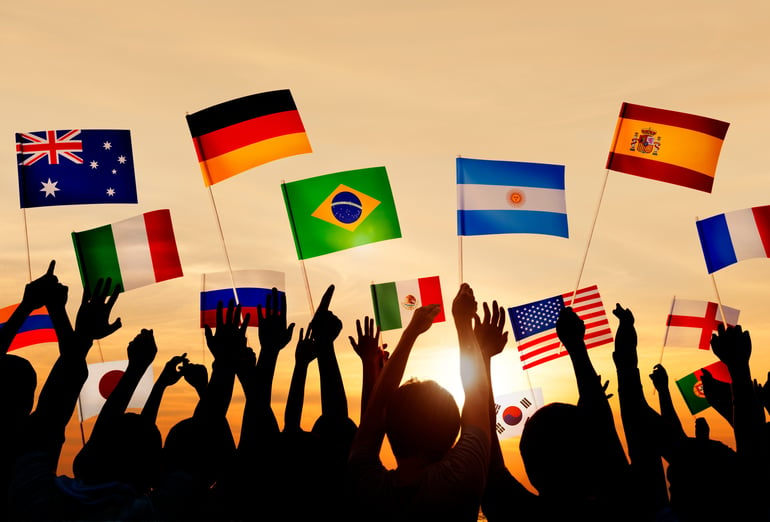
I was flying home from London last week and was sitting in an exit row. It’s funny how you can see those seats as access to more room to stretch out when really they are an emergency exit. In any case, the flight attendant came by and I was ready for her spiel: read the card, say that you agree to help, etc. Instead, she looked me in the eye and said, “You are going to need to do this. We are not going to get to you in time. We will be in the back opening those doors and helping people. People will be on you quickly and need your help.” Then she paused and said, “Most people think that we really are going to run up here and help, but we really can’t. We won’t get here in time. It’s your responsibility.”
It would have maybe been unsettling if not for the fact that it was a little inspiring. She was not worried about saying “in the unlikely event” or “I’m sure nothing will happen.” I have to admit, I sat up a little straighter in my seat. I already read how to take the window off and put it in the seat next to me, but now I was ready.
This made me think about bystander behavior. We think someone else is going to do something. We aren’t sure what to do. The situation is uncertain. And, yet, we do know that things change when we believe it is up to us. Not the plural us, that’s too many, us meaning you and me. Me.
This is all the more urgent to understand when it comes to how fragile democracy is: the rise of illiberal democracies, of populism on the right and left, of identity-based hatred and the participation of far-right parties in governments in Austria and Germany, of the closing political space in Hungary and Poland.
I looked up at the map that showed my plane and its path from Heathrow to Newark. I looked for South Africa and Kenya and Mexico and Colombia. I imagined the people I knew there. Many of them get up each day saying it’s my responsibility.
So, what does this mean for you, as an educator, caregiver, neighbor, co-worker, and citizen? With some humility, moral courage, and imagination, with an eye to history and another to the world around us, what is your responsibility?
History might repeat itself, but not on my watch.
Learn about what it means to be an engaged citizen in a democracy with our lesson, "Citizen Power Makes Democracy Work." As part of our featured collection, "What Makes Democracy Work?", this lesson asks students to consider what it means to be a good citizen and how to use their power to make change.


